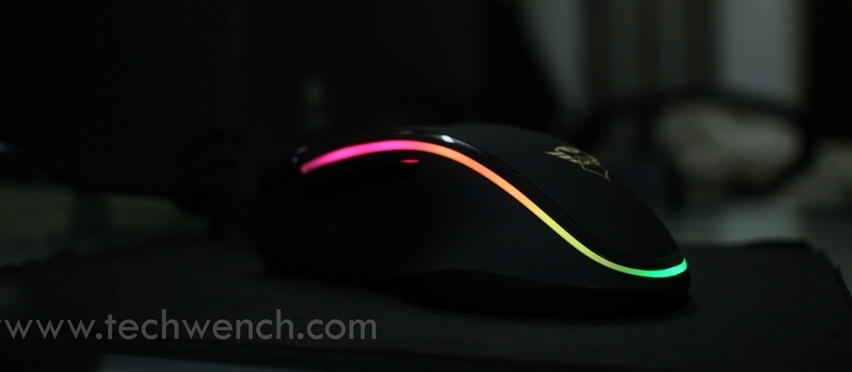
Tablet PCs are a big part of the contemporary tech business, already amounting for many millions of dollars’ worth of sales worldwide. But will they ever truly be able to replace laptops as the most popular type of portable computer? Let’s take a look at some of the pros and cons of the two while grappling with that one big question: will tablets every replace laptops?
Keyboards
One of the major advantages laptops have over tablets is arguably their keyboards. No matter how responsive it might be, no soft keyboard will ever be able to replace the tactile loveliness of a good laptop keyboard. However, a number of companies are producing clip on keyboard attachments tablets, meaning that you can effectively convert them into fully fledged laptops if you so choose (and can afford it).
Laps
Unless you happen to have one of the aforementioned adaptors, the simple way you hold both of these devices is vastly different. While tablets can be rested on a flat surface for use, you generally hold it with one hand while operating it with another. Laptops can conveniently rest on your legs (as their name implies), a table or whatever might be available. However, there are of course situations where having a laptop is irritating; after all, it’s markedly more difficult to balance a laptop in one hand and type on it – or use the trackpad – with the other.
Touch screens
A big advantages that tablet PCs have over laptops (unless you happen to have one of the rather expensive touch screen laptops that are out there). With a tablet all you need to is point and click with a finger, with many of them featuring a number of inbuilt gesture that allow you to do all manner of complex commands with one simple motions. However, many relish using mice over touch screens. For one, you needn’t risk getting your screen all smudgy, and a mouse – when it has a surface to rest on – can often prove more accurate in performing certain on screen tasks than
Versatility
For now, at least, it’s fair to say that most laptops win in the versatility stakes. Almost always more powerful hardware-wise, they can run far more complex programs and, usually, more of them simultaneously. While it’s true that both laptops and tablets have programs and apps that came accomplish the same things, a laptop’s being close to a fully-fledged PC means that it tends to earn itself the upper hand (and is still the working gadget of choice for many big businesses such as Global Integration and American Express).










Comments